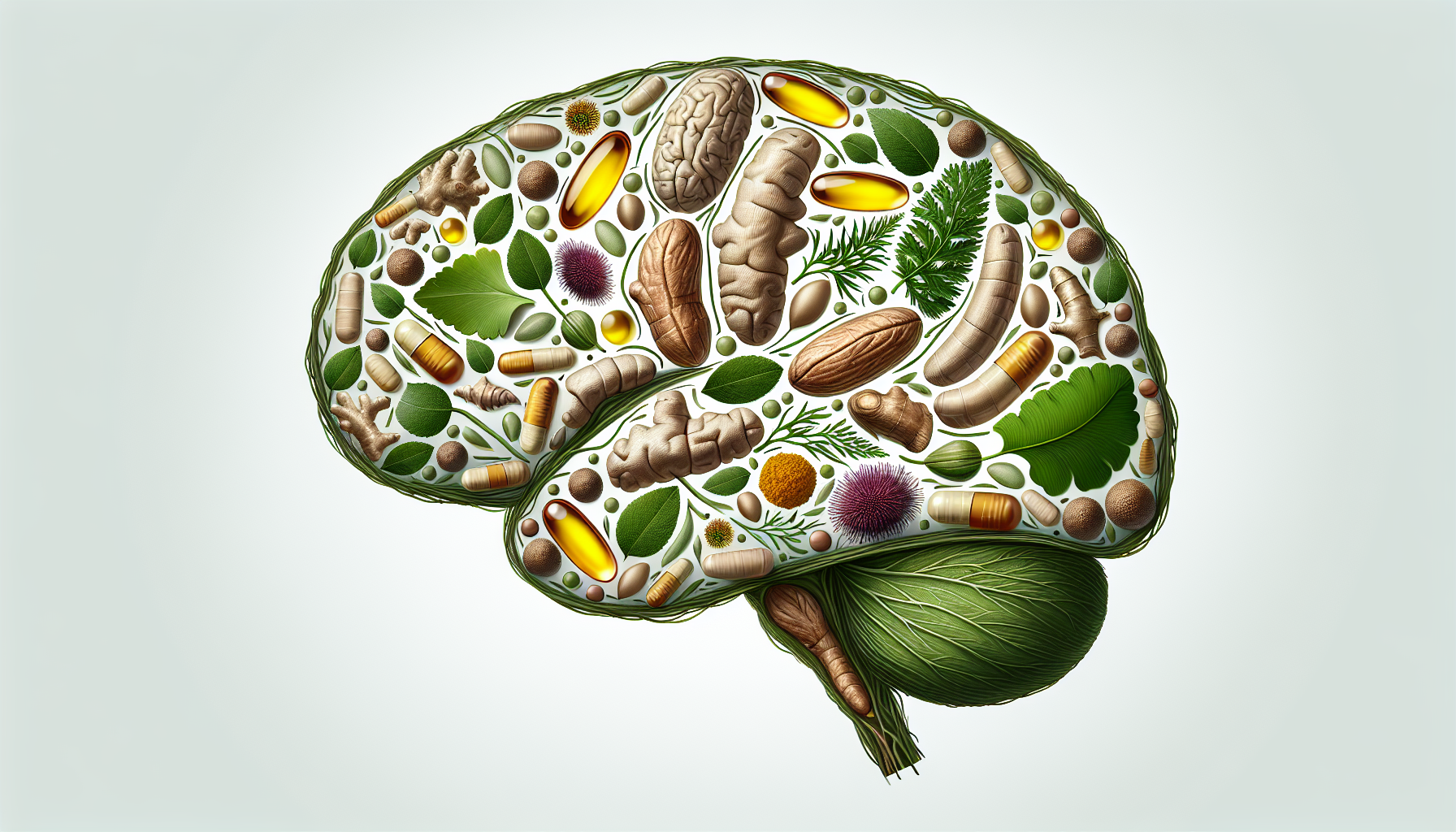In today’s fast-paced world, mental wellness has become a paramount concern, with an increasing number of individuals seeking ways to enhance their cognitive function, mood stabilization, and overall brain health. Amidst the plethora of strategies for mental wellness, dietary supplements have emerged as a significant contributor. This article delves into the intricate role of supplements in supporting mental wellness, examining the evidence behind their use, potential interactions with medications, and best practices for incorporating them into one’s lifestyle.
Understanding the Brain-Supplement Connection
The brain is a complex organ, requiring a multitude of nutrients to function optimally. Supplements can provide specific nutrients that might be difficult to obtain in adequate quantities from diet alone. For example, omega-3 fatty acids are known to support brain health, being integral components of neuronal membranes and promoting neuroplasticity. Additionally, certain B vitamins, such as B12 and folic acid, are crucial for cognitive health and preventing neurodegenerative diseases.
One of the most direct ways supplements can support mental wellness is by aiding in neurotransmitter synthesis and function. Amino acids like tryptophan are precursors to neurotransmitters like serotonin, which is associated with mood regulation. Here is an exploration of the in-depth relationship between brain health and supplementation.
Supplements and Mental Health Conditions
Various supplements have been studied for their potential benefits in mental health conditions such as depression, anxiety, and attention deficit hyperactivity disorder (ADHD). For example, St. John’s Wort is popular for treating mild to moderate depression, while magnesium has been researched for its calming effects on the nervous system.
Moreover, adaptogens like Ashwagandha and Rhodiola are gaining attention for their potential to mitigate stress response and improve mental stamina. These natural substances help the body resist stressors of all kinds, whether physical, chemical, or biological, thus supporting mental wellness in a holistic manner.
The Intersection of Supplements and Medication
It is crucial to consider the interaction of supplements with prescription medications, as they can either potentiate or inhibit the effects of drugs. For instance, supplements like vitamin K can interfere with blood thinners, and certain herbal supplements can alter the metabolism of antidepressants. Therefore, consulting healthcare providers before starting any new supplement regimen is essential, especially for those on medication.
Personalization in Supplementation
With the advances in personalized medicine, individuals can now tailor their supplement intake based on genetic makeup, lifestyle, and specific health needs. This approach ensures that the supplements contribute effectively to mental wellness without causing excess or deficiency.
The Role of Probiotics in Mental Health
Emerging research suggests a strong link between gut health and mental wellness, often referred to as the "gut-brain axis." Probiotics, beneficial bacteria found in certain foods and supplements, can influence brain health by modulating inflammation and neurotransmitter activity. The benefits of probiotic supplements are far-reaching, impacting aspects of mental health such as mood and cognitive function.
Choosing the Right Supplements
Given the vast array of supplements available, selecting the right ones for mental wellness can be overwhelming. It’s important to focus on quality and evidence-based products. Choosing the right herbal supplements for your health concerns is a helpful resource for navigating this complex market.
External Resources for Further Reading
To deepen the understanding of the relationship between supplements and mental wellness, here are some niche resources:
- The International Society for Nutritional Psychiatry Research provides cutting-edge findings on nutrition and its impact on mental health. ISNPR
- The Global Organization for EPA and DHA Omega-3s offers insights into the science behind omega-3s and their role in brain health. GOED Omega-3
- The Mental Health Foundation offers a detailed look into how diet affects mental health, including the role of supplements. Mental Health Foundation – Diet and Mental Health
Best Practices for Supplement Intake
To maximize the benefits of supplements for mental wellness, consider the following best practices:
- Consult with a healthcare provider before starting any new supplement, especially if you are on medication or have existing health conditions.
- Research quality brands and choose products that have been third-party tested for purity and potency.
- Follow recommended dosages and be wary of high doses that can cause side effects or interact with medications.
- Track your response to the supplements, noting any changes in your mental wellness, and adjust as needed with the guidance of a healthcare professional.
Conclusion
Supplements can play a pivotal role in supporting mental wellness, but they are not a standalone solution. They should be part of a comprehensive approach to health that includes a balanced diet, regular exercise, and stress management techniques. By thoughtfully integrating supplements into one’s daily regimen, individuals can potentially enhance their cognitive function, mood, and overall mental health.
Remember, mental wellness is a multifaceted endeavor, and supplements are just one piece of the puzzle. Always approach supplementation with care, and prioritize professional guidance to ensure that your journey towards better mental health is both safe and effective.



